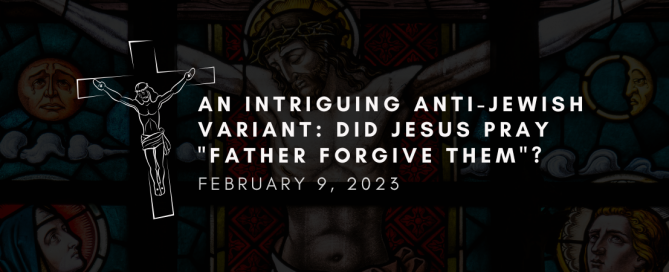What We Knew about the Gospel of Peter Before We Had the Gospel of Peter
This is the second of my two posts on the Gospel of Peter. When the fragment that we now have was discovered by archaeologists in a cemetery in Egypt in 1886, it was almost immediately recognized as the Gospel of Peter, not because it had a title on it, but because it fit so well a description of the Gospel in the writings of Eusebius, the early church historian. In two places in his ten-volume history of Christianity (from Jesus to his own day around 300 CE) Eusebius mnentions the book twice as one of the writings not accepted by the church as Scripture (Church History, 3. 3. 2; 3. 25. 6). And on one other occasion, Eusebius discusses the book at some length, in order to show why it had been excluded from consideration from the canon. The story involves Serapion, a bishop of Antioch at the end of the second century. Based on an account he had read from Serapion’s own hand, Eusebius indicates that Serapion had first-hand knowledge of the [...]


